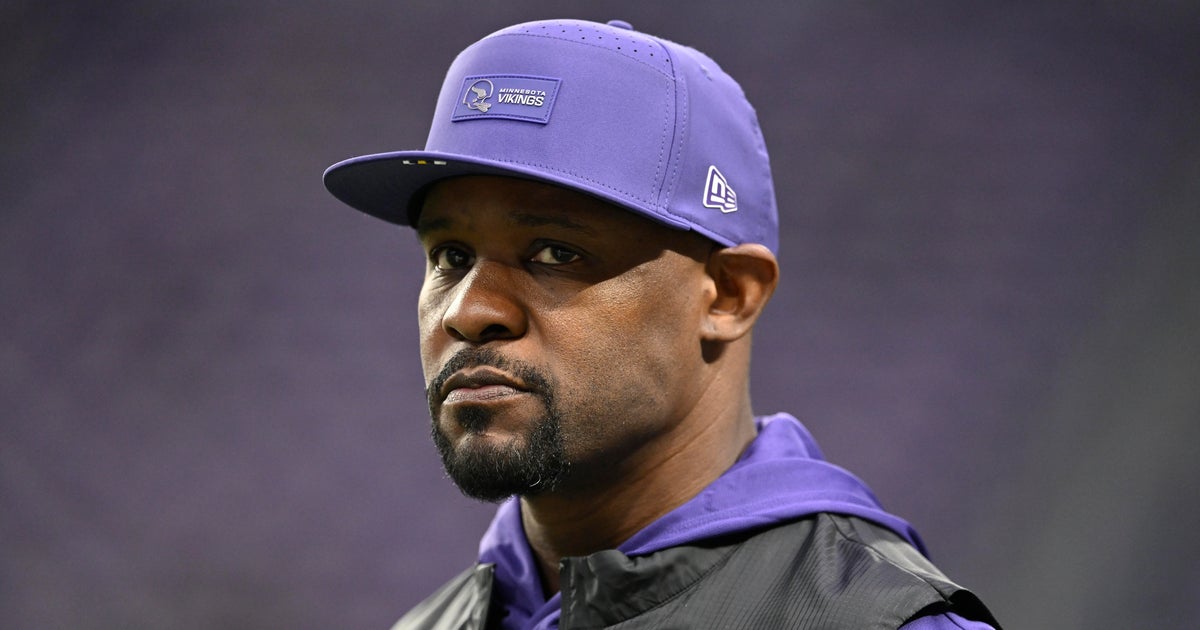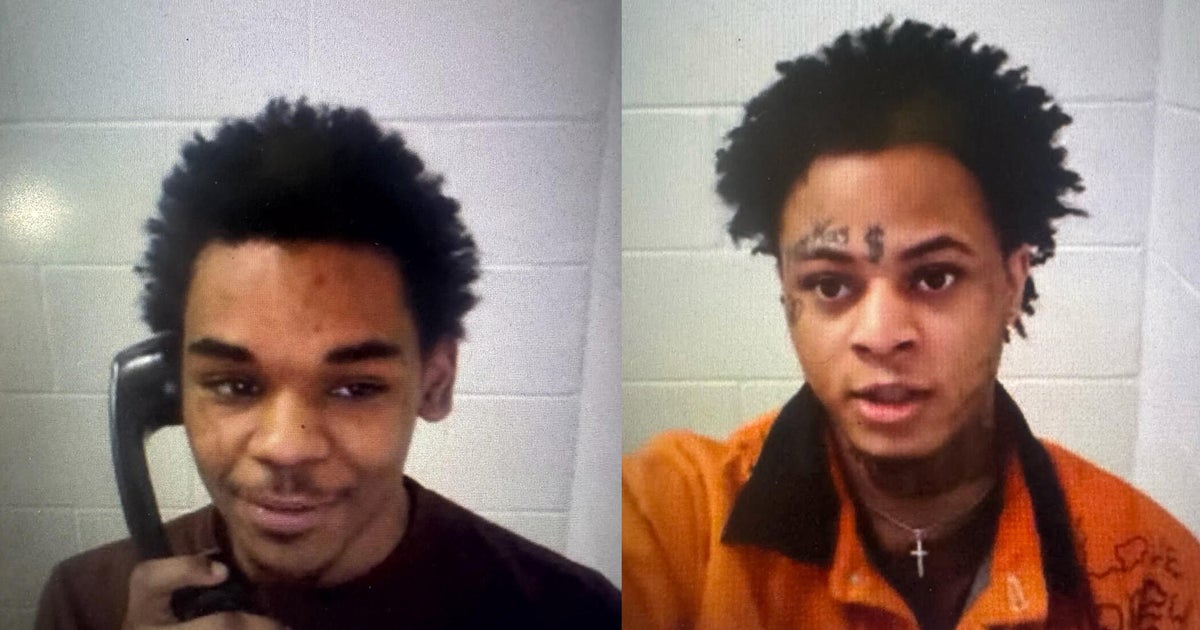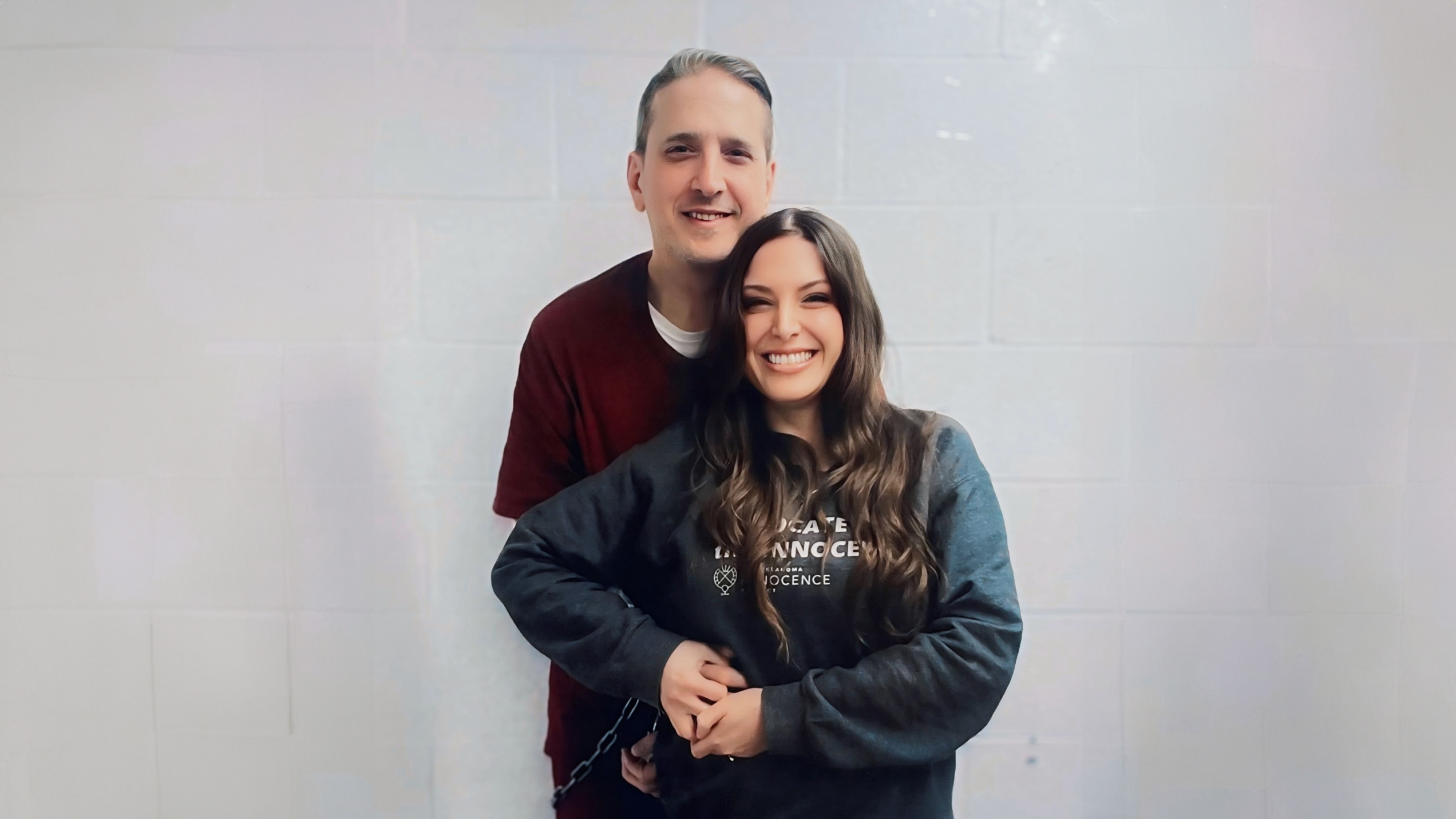Federal appeals court temporarily halts executions of John Grant and Julius Jones in Oklahoma
A federal appeals court temporarily halted the scheduled executions of two Oklahoma inmates on Wednesday. John Marion Grant was scheduled to die on Thursday, while Julius Jones' lethal injection was scheduled for November 18.
According to the ruling from the 10th Circuit Appeals Court, the three-judge panel found a stay was warranted after Grant and Jones challenged the state's lethal injection protocol and refused to identify another method which they preferred for their executions. The two had cited religious reasons, saying they could not partake in what they viewed as "suicide."
However, Grant and Jones were punished for not choosing an alternative form of execution when U.S. District Judge Stephen Friot removed them from a federal lawsuit they had filed, along with 30 other death-row inmates, challenging Oklahoma's lethal injection protocols, the federal appeals court said. Grant and Jones were immediately scheduled to be executed despite the fact that the Oklahoma attorney general said on-the-record plaintiffs in the long-running lawsuit would not be executed while it was pending in the district court.
Meanwhile, 27 of the inmates who filed the lawsuit did identify another method for dying and were permitted to participate in the trial, which is scheduled to begin on February 28, 2022.
The federal appeals court ruled the district court had "abused its discretion" when it came to its ruling. Additionally, the appeals court said, "public interest favors a stay" because all death-row inmates who filed the lawsuit against Oklahoma should be treated equitably in the courts.
Grant is on death row for the 1998 death of Gay Carter, a kitchen worker at a state prison. Meanwhile, Jones was convicted in the 1999 shooting death of Paul Howell, a businessman in Edmond.
In response to Wednesday's order, Dale Baich, one of the attorneys for the death-row plaintiffs, said, "The Tenth Circuit did the right thing by blocking Mr. Grant's execution on Thursday. Today's order should prevent the State from carrying out executions until the federal district court addresses the 'credible expert criticism' it identified in Oklahoma's execution procedures. Those issues will be carefully reviewed by the court at the trial scheduled in February."
Oklahoma has had a history of problematic executions. In 2014, it botched Clayton Lockett's execution. The following year, Charles Warner was executed using the wrong drug. Also in 2015, Oklahoma's governor called off Richard Glossip's execution when, at the last minute, the executioners discovered they were about to again use the wrong drug.
The state intends to use the same three drugs, including the risky sedative midazolam, that were previously used in the problematic executions of Lockett and Warner and the halted execution of Glossip. Oklahoma's protocol also continues to use a paralytic, an unnecessary and dangerous aspect of the process that serves only to mask problems from public view.




